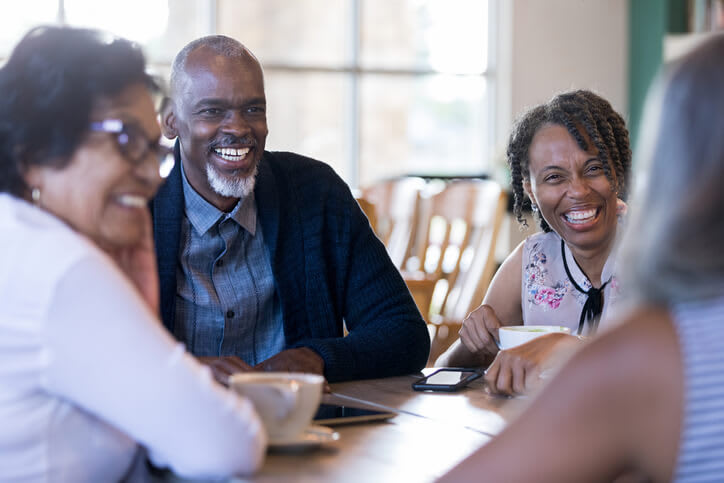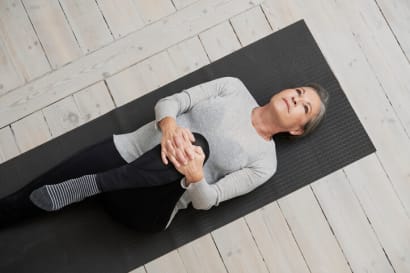
At-Home Health
You don’t have to leave home to stay healthy and active.
There are things you can do to make your home safer and keep yourself fit and healthy at home.
At-Home Health
Important Resources
You can use the resources below to find at-home health services provided by official government agencies and other creditable organizations.
Read Our Featured Guides

Find and compare 2025 Medicare Advantage (Part C) plans and Medicare Supplement (Medigap) plans available where you live. Select your state to find out more about Medicare plans near you and learn how to sign up for Medicare in your state.

Answer questions such as "When is Medicare Open Enrollment?" or "How do I enroll in 2025 Medicare?" Don't miss certain Medicare enrollment period deadlines, or you may be subject to higher costs, late enrollment penalties or lapses in coverage.

Between 173.5 million and 183.5 million doses of flu vaccine have been prepared for the 2022-2023 flu season in America, and it's more important than ever for people to get vaccinated this flu season as the nation continues to battle COVID-19. Learn more about this year's vaccine and how you can get it.


